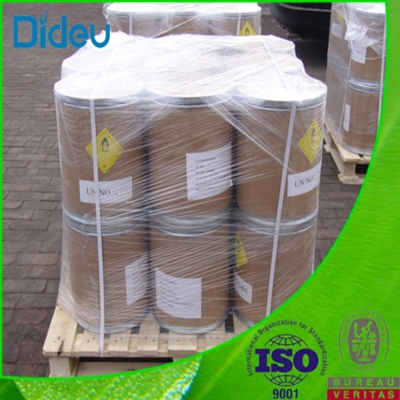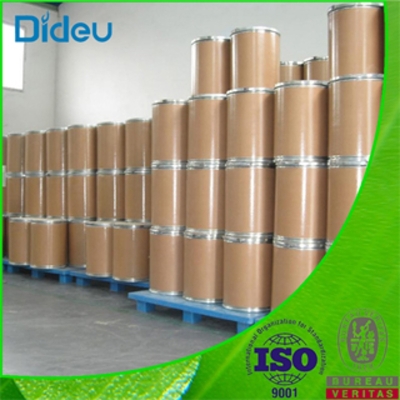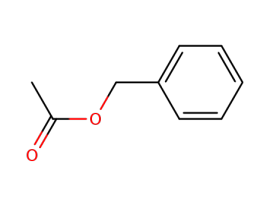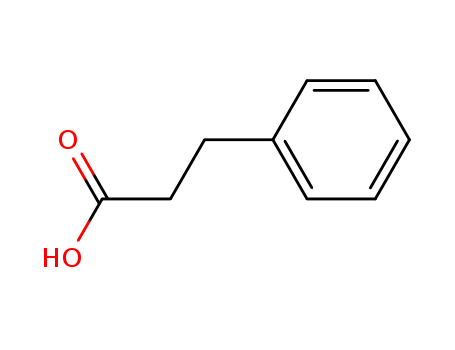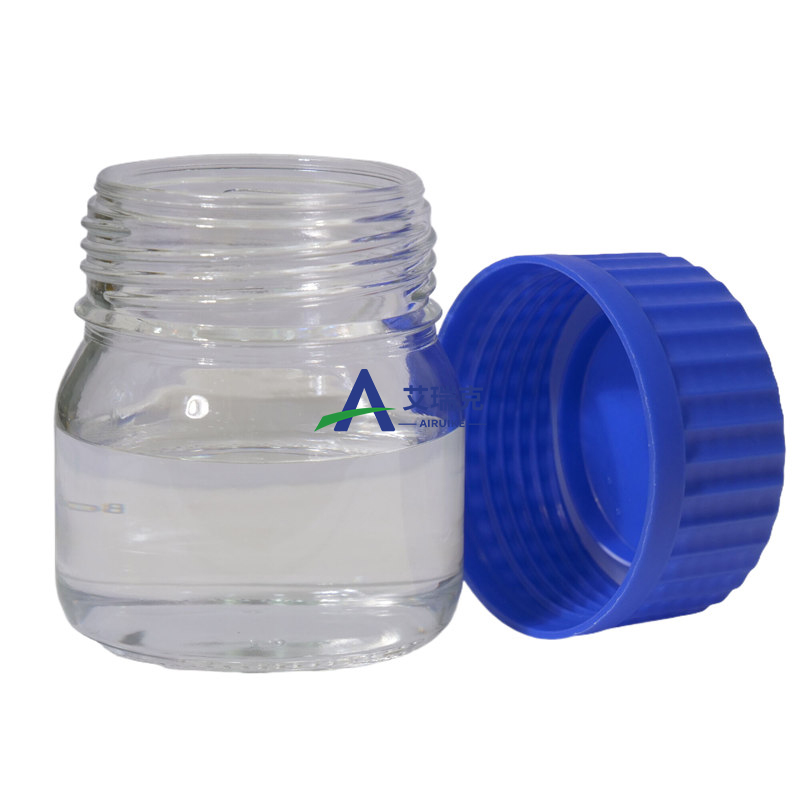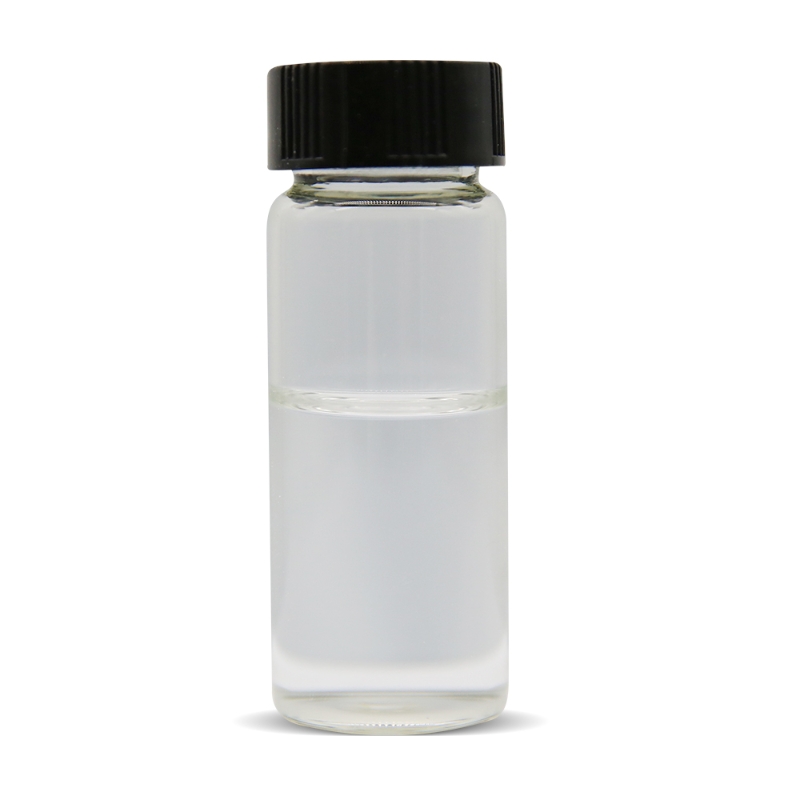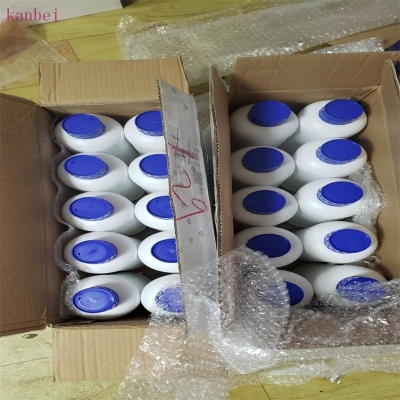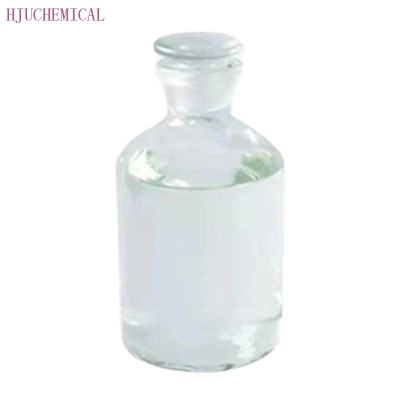Flavors and Fragrances
- • Synthetic Fragrances (1570)
- • Natural Spices (154)
Related News
-
Huda Beauty to Sell Kayali Stake to General Atlantic
2025-02-20 -
Skylar Clean Beauty Launches New Citrus Reverie Fragrance
2024-06-25 -
Give Back Beauty secures Mercedes-Benz fragrance licensing agreement
2024-04-17 -
BASF Aromatic Ingredients expands its Isobionics portfolio with new natural flavors
2024-03-13 -
Henry Rose raises series A funding
2023-05-15 -
LMR NATURALS BY IFF UNVEILS CARBON FOOTPRINT CALCULATION FOR FRAGRANCE
2023-01-19
Sort Synthetic Fragrances Alphabetically
Synthetic Fragrances
Benzophenone
(119-61-9)2. It is used in the manufacturing of antihistamines, hypnotics, insecticides.
-
Industrial Grade / 99%
$5-6/KG FOB
-
Flavors and Fragrances Grade / 99%
-
- / 99.9%
-
- / 0.00%
Request for quotation , get quotes from more suppliers.
-
Food grade / 99%
-
Food Grade / 99%
-
- / 0.00%
-
- / 99.00%
Request for quotation , get quotes from more suppliers.
-
![BIS(2,4,6-TRIMETHYLPYRIDINE)BROMONIUM HEXAFLUOROPHOSPHATE buy BIS(2,4,6-TRIMETHYLPYRIDINE)BROMONIUM HEXAFLUOROPHOSPHATE]()
Industrial Grade / 99%
-
![bis-(2,4,6-Trimethylpyridine)bromonium hexafluorophosphate buy bis-(2,4,6-Trimethylpyridine)bromonium hexafluorophosphate]()
-
![BIS(2,4,6-TRIMETHYLPYRIDINE)BROMONIUM HEXAFLUOROPHOSPHATE buy BIS(2,4,6-TRIMETHYLPYRIDINE)BROMONIUM HEXAFLUOROPHOSPHATE]()
-
![bis-(2,4,6-Trimethylpyridine)bromonium hexafluorophosphate buy bis-(2,4,6-Trimethylpyridine)bromonium hexafluorophosphate]()
Industrial Grade / 99%
Request for quotation , get quotes from more suppliers.
Benzyl acetate
(140-11-4)-
Industrial Grade / 99%
-
-
- / 0.00%
-
- / 99.00%
Request for quotation , get quotes from more suppliers.
Benzenepropanoic acid
(501-52-0)3-Phenylpropionic acid is utilized in the food industry as a preservative as well as to maintain the original quality of aroma of frozen foods. It is also used for flavoring and restoring original color to food. 3-Phenylpropionic acid is added to shelved foods to prevent microorganisms from deteriorating the food. It also acts as an antioxidant to prolong the life of foodstuff in shelves. 3-Phenylpropionic acid is also used as a food sweetener.
3-Phenylpropionic acid ac
-
- / 99%
-
- / 99.00%
-
Pharmacy Grade / 0%
-
Food Grade / 99%
Request for quotation , get quotes from more suppliers.
Source Synthetic Fragrances Products Supply
Benzyl salicylate
(118-58-1)-
Industrial Grade / 99%
-
- / 0.00%
-
- / 99.00%
-
Pharmacy Grade / 99%
Request for quotation , get quotes from more suppliers.
Bisabolol
(515-69-5)-
Food Grade / 99.0%
-
- / 99%
-
-
Request for quotation , get quotes from more suppliers.
-
Industrial Grade / 99%
-
Industrial Grade / 99%
-
Pharmacy Grade / 99%
-
Pharmacy Grade / 99%
Request for quotation , get quotes from more suppliers.
-
Industrial Grade / 99%
-
Industrial Grade / 99%
-
Industrial Grade / 99%
-
Industrial Grade / 99%
Request for quotation , get quotes from more suppliers.
Benzyl butyrate
(103-37-7)-
![Benzyl Butyrate buy Benzyl Butyrate]()
-
![Benzyl butyrate buy Benzyl butyrate]()
-
![Benzyl butyrate buy Benzyl butyrate]()
Industrial Grade / 99%
-
![Benzyl butyrate buy Benzyl butyrate]()
Request for quotation , get quotes from more suppliers.
Source Synthetic Fragrances Raw Materials by Region
More Information
Synthetic fragrances are chemical compounds, which are produced to imitate natural odours or develop a new scent. These fragrances are mainly used in perfumes, cosmetics, detergents, soaps and air fresheners since they can give long-lasting and steady scents. Because synthetic is made from chemicals obtained from petroleum and other artificial compounds, some people may be allergic to it.
One of the major benefits of synthetic fragrances is that they are relatively stable. They are not easily affected by light, heat and air which is why they are suitable for use in products that need a long-lasting smell. Also, synthetic fragrances are relatively cheaper to produce than natural ones and various options for preparing scents are endless thus giving companies a chance to be creative in creating versatile scents.
Applications of synthetic fragrances include:
- Perfumes and colognes
- Included in products for skin care and cosmetics
- Aerosol and room spray
- Laundry detergents and fabric softeners
- Household cleaning products








